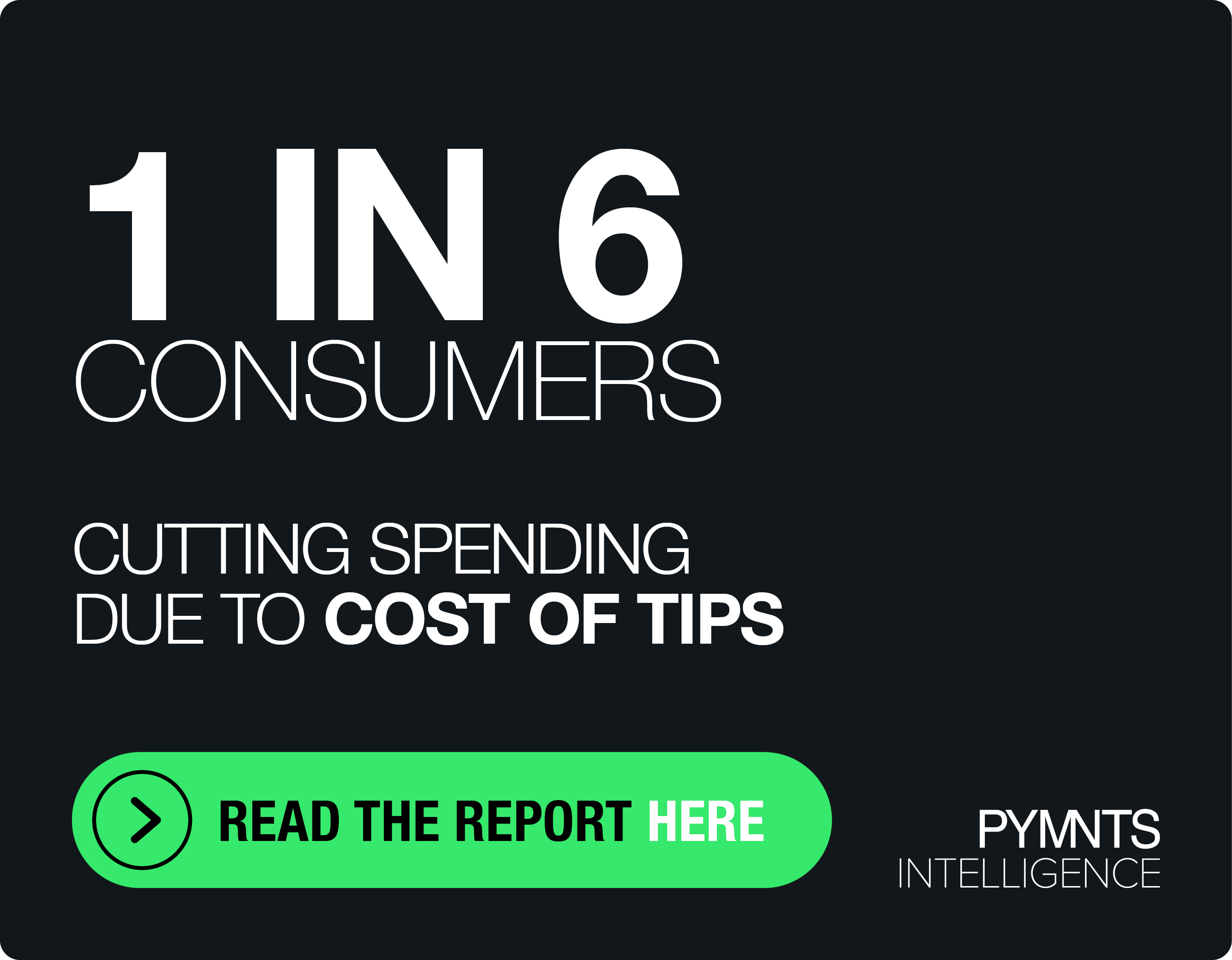AT&T Dials Up Latest Sign of Distress for Paycheck-to-Paycheck Economy

The latest sign of turbulence and stress in the paycheck-to-paycheck economy comes not from the housing sector, not from credit card issuers or BNPL, but from Ma Bell.
AT&T, as has been widely reported, said on Thursday (June 21) that customers are dialing back a bit on their phone bills.
They’re paying late.
“There’s clearly some dynamics in the economy. We have customers that are stretching out their payments a little bit,” AT&T CEO John Stankey told CNBC, as reported by the financial media outlet. “We expect that they’re going to continue to pay their bills, but they’re taking longer to do it. That’s not atypical in an economic cycle.”
We contend that the stretching out of payments, as described above, represents a form of cash flow management, of allocating dollars in a way that prioritizes some expenses above others. Of course, longer payment terms wind up hurting AT&T’s cash flow. And, of course, the higher prices charged by the telecoms wind up, in an inflationary age, hurting consumers’ cash flows.
Recent PYMNTS data underscores the vulnerability of a wide swath of the population. Roughly 60% of us in the United State live paycheck to paycheck, which means there’s little left at the end of the month to set aside after the recurring obligations are met.
Recurring Expenses
Among those recurring expenses lies the cell phone, the family data plan and the tablets, all interconnected and proving their worth as lifelines to work, school and even social life (there’s still a pandemic going on). We’ve spotlighted the fact that the Connected Economy is taking shape across all pillars of daily life, from financial services to ordering groceries.
And there’s still room to grow, as the data shows that some of the most advanced economies are only about 27% of the way through their digital transformations. The U.S. is fourth on that list.
Read Also: How the World Does Digital: Digital Transformation Is Now at Only 27% of its Full Potential
Through the months that inflation has been ramping up, the paycheck-to-paycheck denizens have been largely shopping for and spending money on the essentials. But what we deem essential can vary wildly when we’re facing murky economic waters or even the specter of recession.
None of this is meant to suggest that paycheck-to-paycheck consumers are going to cancel their phone plans. However, they may scale back on the number of devices that are in use or cut down on the number of subscriptions that are active. In doing so, we’d see a (negative) ripple effect on tech hardware giants (like Apple, for example) or streaming media platforms.
A phone has become so much more than a phone and now is ground zero for so much more than reaching out and touching someone — it’s what we use to reach out and be part of the economy at large.
And AT&T’s observation that payments are coming in late sends some ominous signals, at least for now, on the state of the U.S. consumer.
